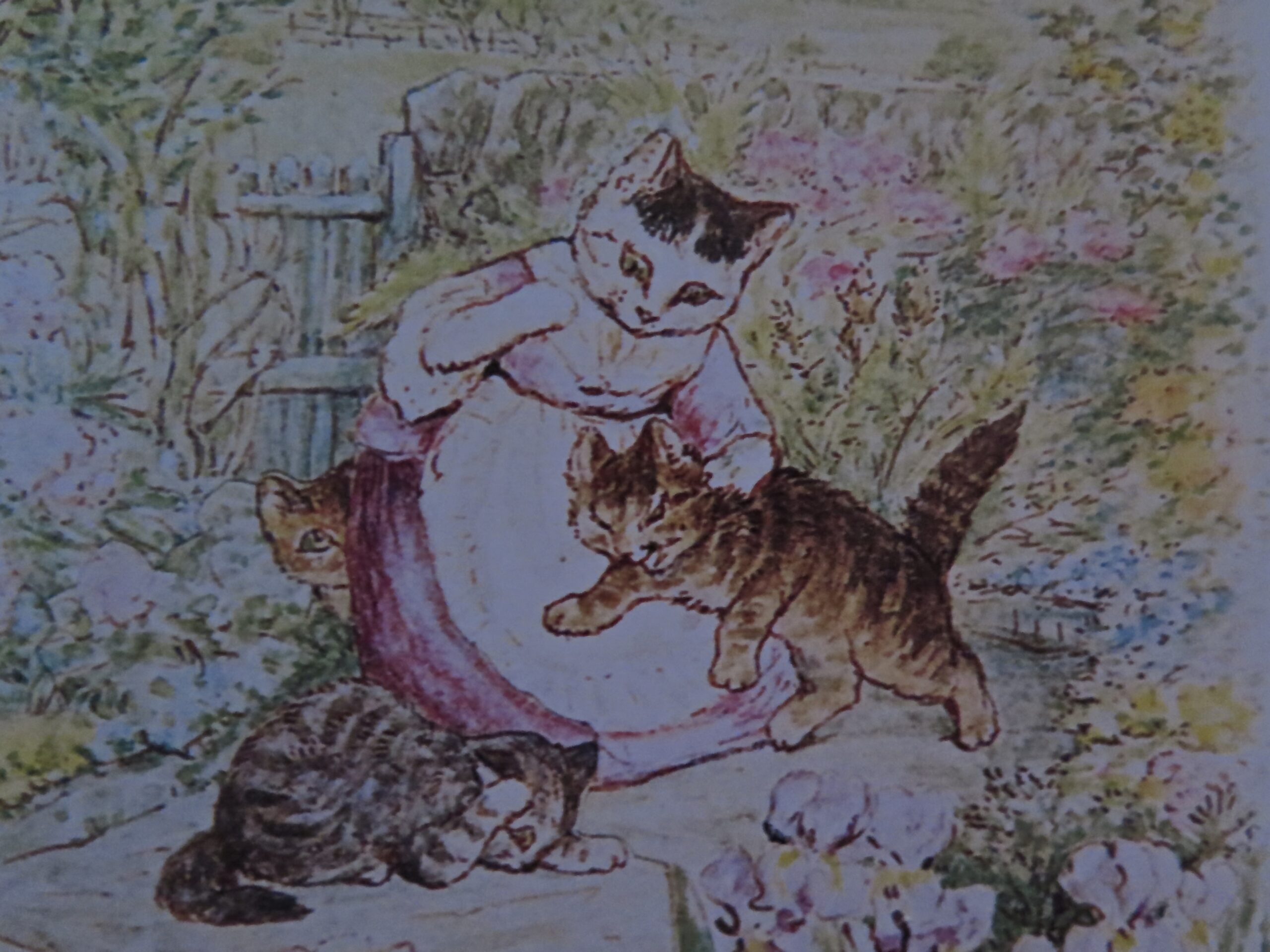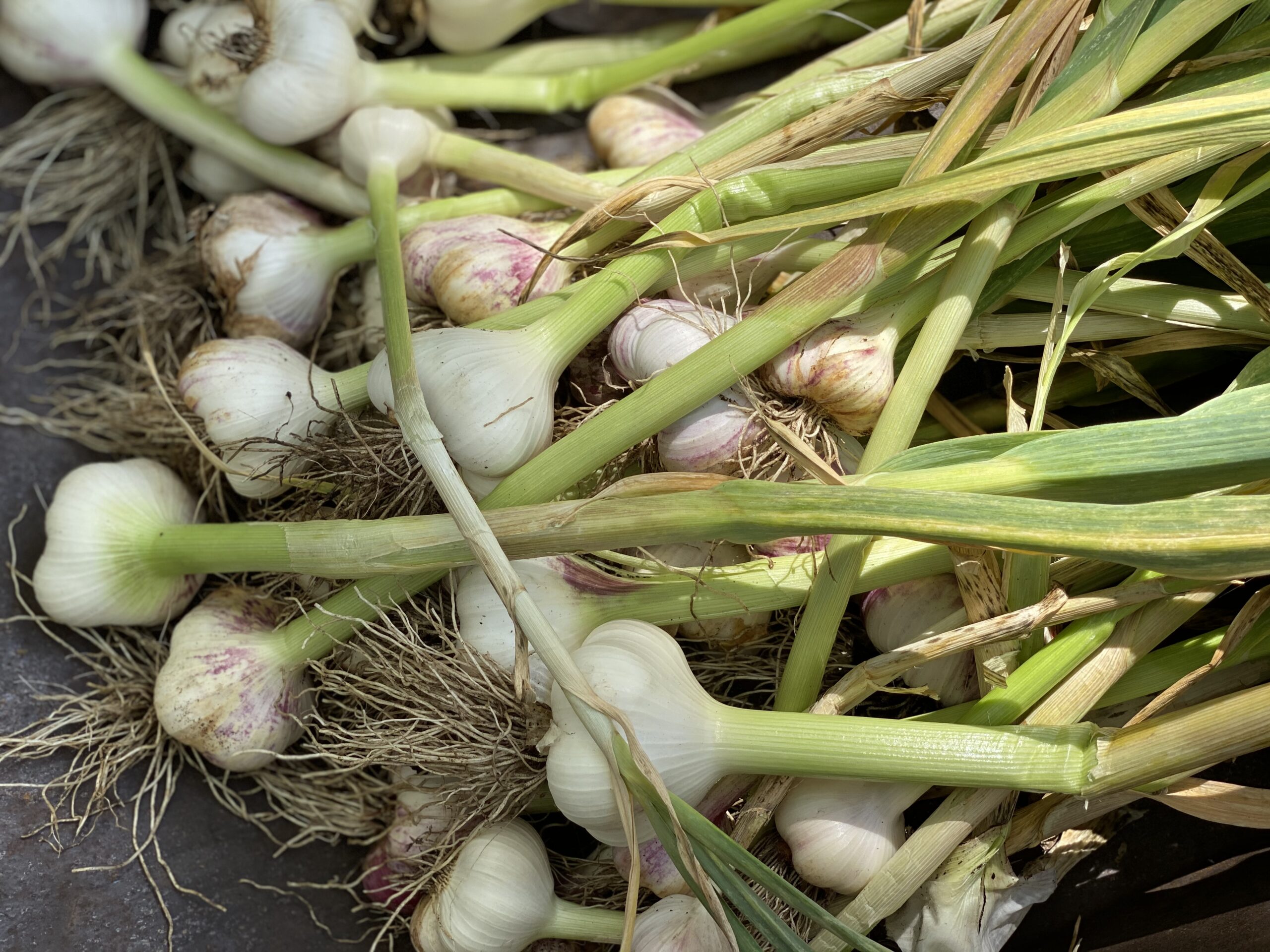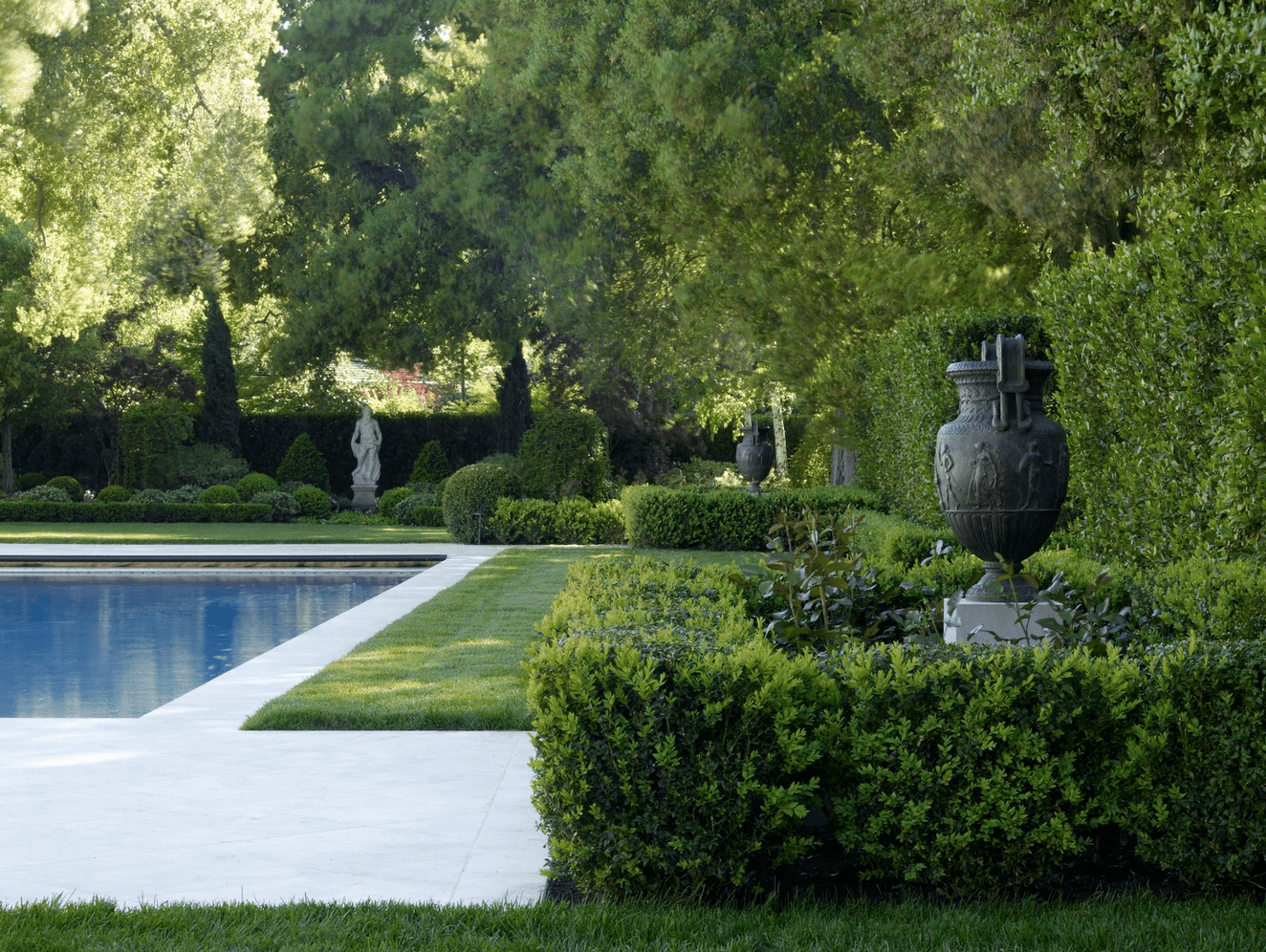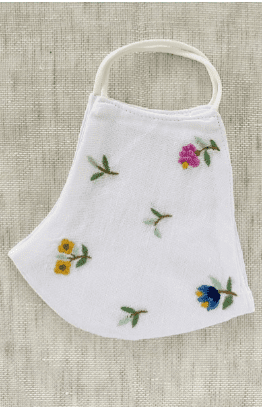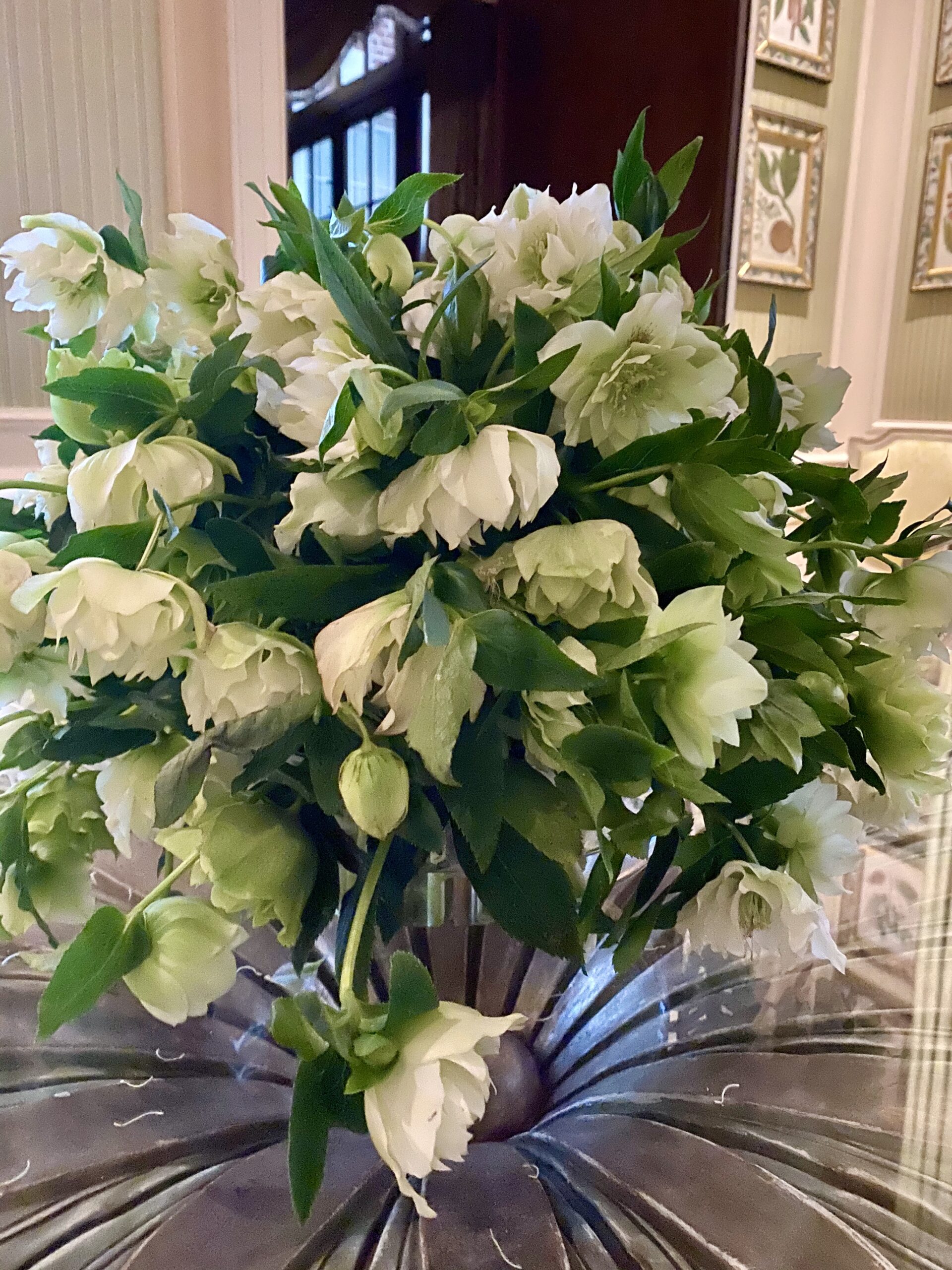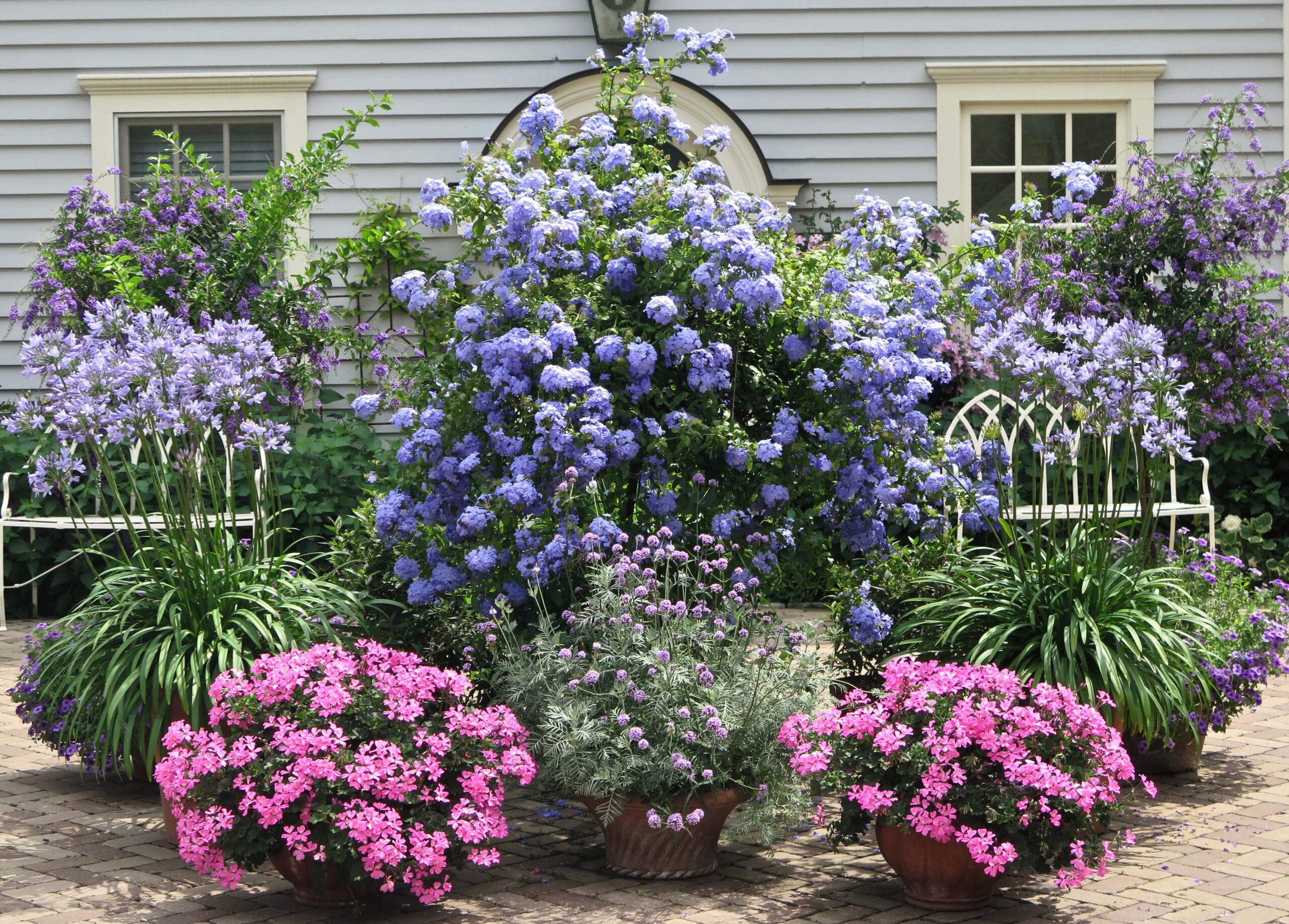I love reading a good biography. Beatrix Potter’s Gardening Life, The plants and places that inspired the classic children’s tales by Marta McDowell was a gift from a friend. It was a great read, but really brought back wonderful memories of reading the authors stories to my kids when they were little.
Helen Beatrix Potter was a writer, illustrator, natural scientist and conservationist best known for her twenty-three children’s tales. She wrote thirty books in total, scientific papers and illustrated specimens for scientific study. She also was a great business woman purchasing land and patenting a Peter Rabbit doll, figurines, wall-paper, board games and tea-sets with her illustrations.
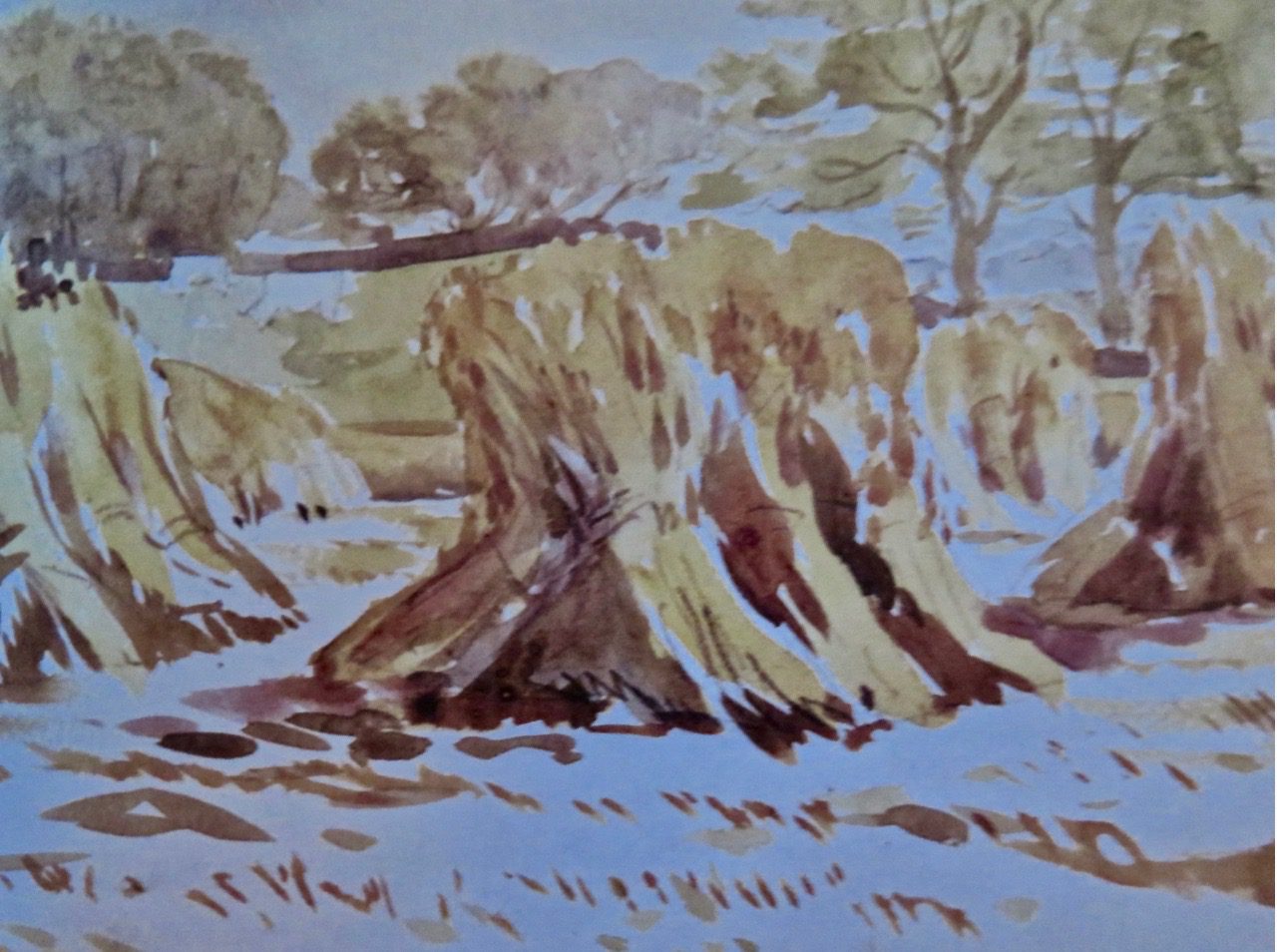

Born a female in 1866 she was educated by governesses. With limited opportunities for higher education Beatrix studied on her own botany, archeology, entomology and became widely respected in the field of mycology. She was a farmer and gardener at heart and was a prize-winning breeder of Herdwick Sheep.
Most of her illustrations for her books came from her garden at Hill Top Farm in the Lake District of England. Potter was drawn to fungi because of their colors and evanescence in nature and loved drawing and painting them. In 1895 she developed a theory of their germination and consulted with botanists at the Kew Gardens convincing them of her theory of hybridisation. She challenged the theory of symbiosis proposed by a German mycologist.
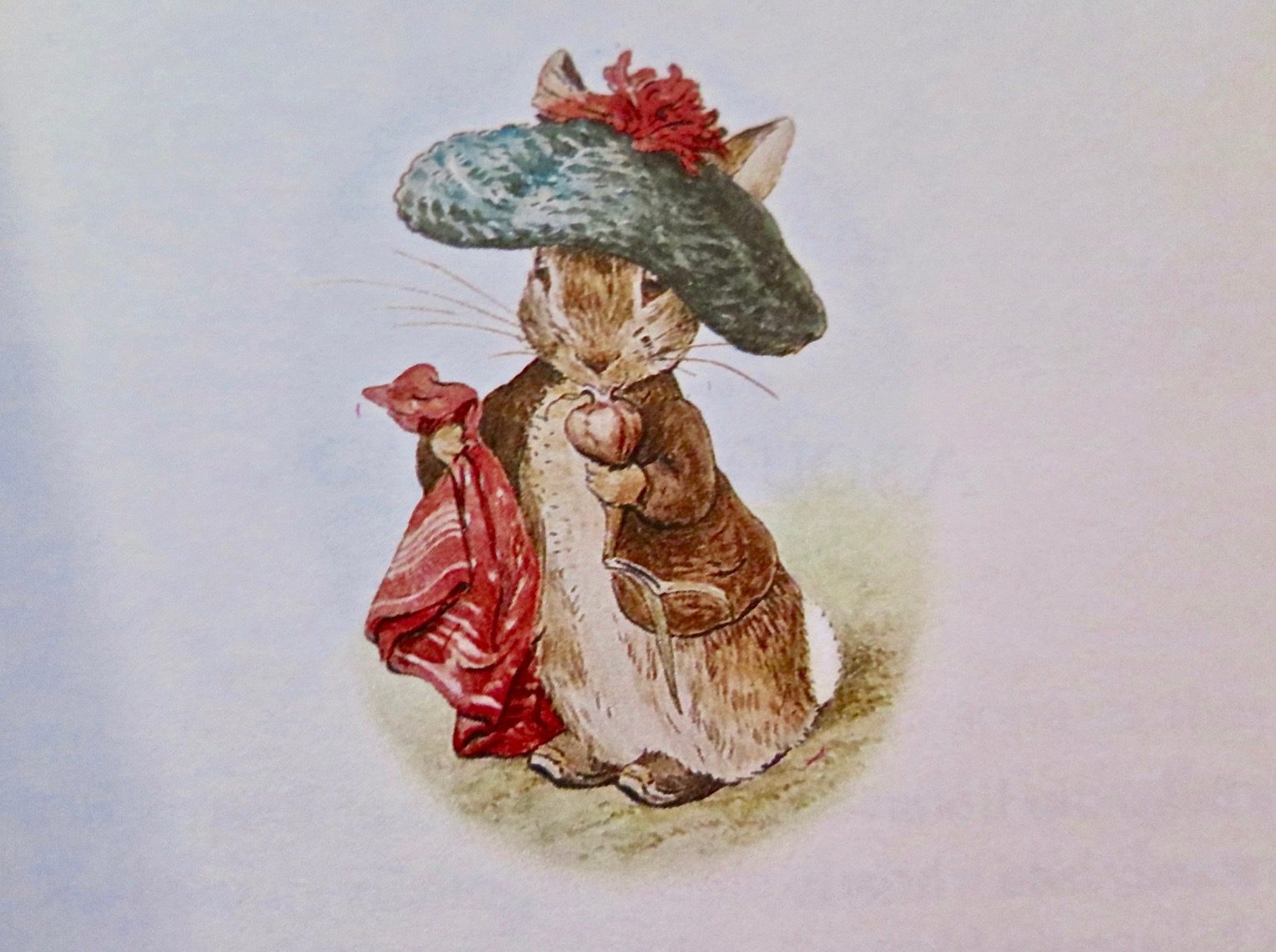

Beatrix wrote up her conclusions and submitted a paper to the Linnean Society in 1897 but was rebuffed because of her gender and amateur status. In 1997, 100 years later, the Linnean Society issued a posthumous apology to Potter for the sexism displayed in its handling of her research.
She loved living in the Lake District having summered there as a child. As a single woman she continued to buy property around her first small farm. She married William Heelis at the age of 47. Beatrix left nearly all of her property to the National trust, including 4,000 acres of land, sixteen farms, cottages and heards of cattle and Herdwick sheep.
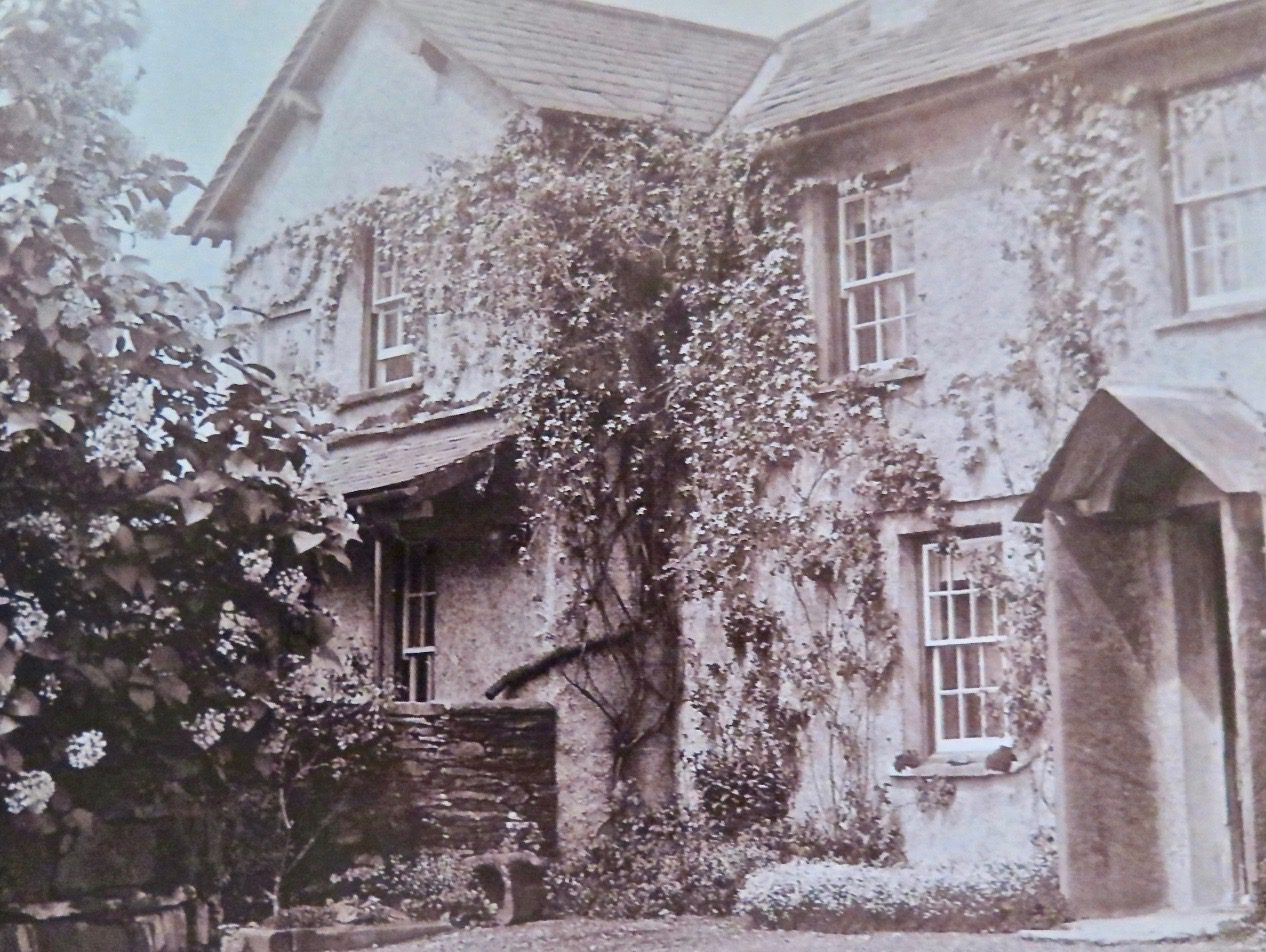

Beatrix also left most of the original illustrations for her books to the National Trust.
The largest public collection of her letters, stories and drawings is the Leslie Linder Bequest and Collection at the Victoria and Albert Museum in London. I will definitely visit the collection next time I am in London.
The largest United States collections are in the Rare Book Department of the Free Library of Philadelphia and the Cotsen Children’s Library at Princeton University.
Hill Top Farm in Near Sawrey is open to the public.
What a great woman she was!

